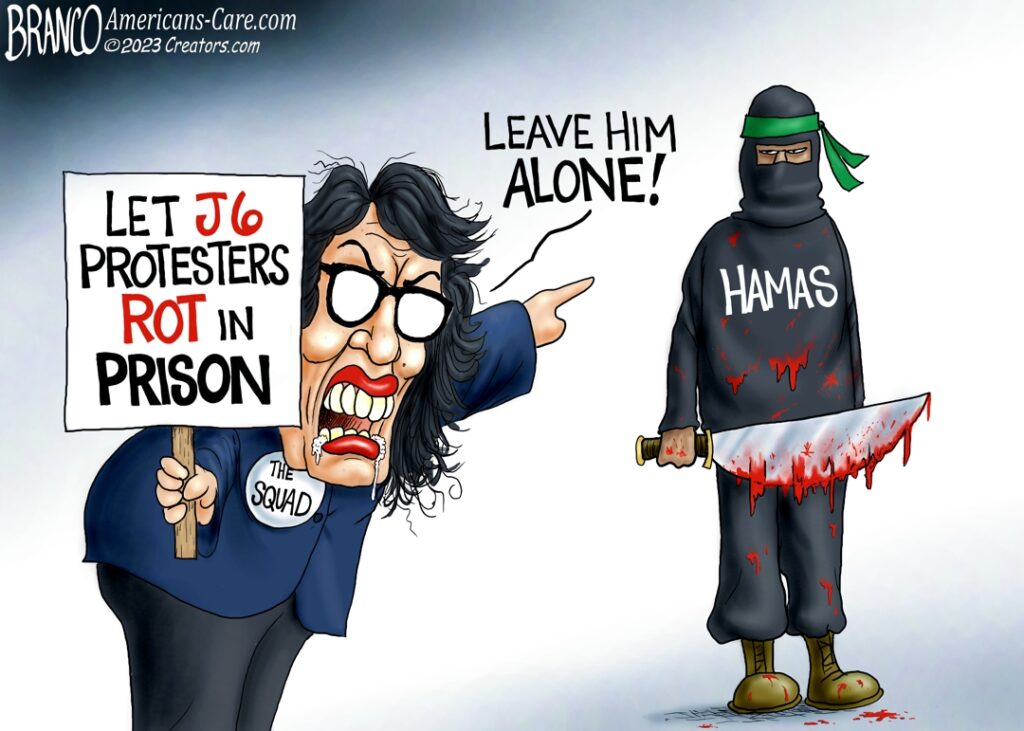
Hamas, an acronym for Harakat al-Muqawama al-Islamiyya (Islamic Resistance Movement), was founded in 1987 during the First Intifada as an offshoot of the Egyptian Muslim Brotherhood. Its stated goal was to liberate Palestine, including modern-day Israel, from Israeli control and establish an Islamic state in its place. From its inception, Hamas has been in conflict with Israel, and the group’s charter, adopted in 1988, calls for the destruction of the Jewish state.
The group gained prominence through its use of suicide bombings and rocket attacks targeting Israeli civilians and military personnel. These actions, which have resulted in the deaths and injuries of many Israelis over the years, are viewed as terrorist acts by Israel, as well as by the United States and the European Union, all of which have designated Hamas as a terrorist organization.
In 2006, Hamas participated in the Palestinian legislative elections and won a majority of the seats, leading to its control of the Gaza Strip. This resulted in a power struggle with the rival Fatah party, culminating in a violent takeover of Gaza in 2007. Since then, Hamas has governed the territory, albeit with limited resources and under a blockade imposed by Israel and Egypt.
The relationship between Hamas and Israel has been characterized by periodic escalations of violence, including several major conflicts in 2008-09, 2012, and 2014. These confrontations have often resulted in significant civilian casualties on both sides, with Israel arguing that Hamas uses civilians as human shields by launching rockets from populated areas in Gaza.
Tlaib Triples Down: Congresswoman Sticks to Hamas Hospital Narrative, Calls for Investigation
TLAIB: “I cannot uncritically accept Israel’s denials of responsibility as fact…”https://t.co/oTG13zvh0Q
— Sean Hannity 🇺🇸 (@seanhannity) October 24, 2023
Critics also point to Hamas’s internal governance of the Gaza Strip as being problematic, accusing the group of suppressing political dissent, restricting freedom of speech, and failing to provide basic services and economic development for the people living there. The dire humanitarian situation in Gaza is often highlighted as a consequence of Hamas’s actions and policies.
Overall, from this perspective, Hamas is seen as a significant obstacle to peace in the Middle East, with its commitment to the destruction of Israel and its use of violence being viewed as impediments to any lasting solution to the Israeli-Palestinian conflict.
The Hamas-loving insurrectionists, led by Rashida Tlaib, have ties to the SPLC and Jewish Voices for Peace.
One of their group messages was named “Gobal Intifada,” which means “Arab uprising.”
These people support terrorists. Rashida Tlaib must be censured for her actions. pic.twitter.com/eIiHoPGAff
— Rep. Marjorie Taylor Greene🇺🇸 (@RepMTG) October 19, 2023
